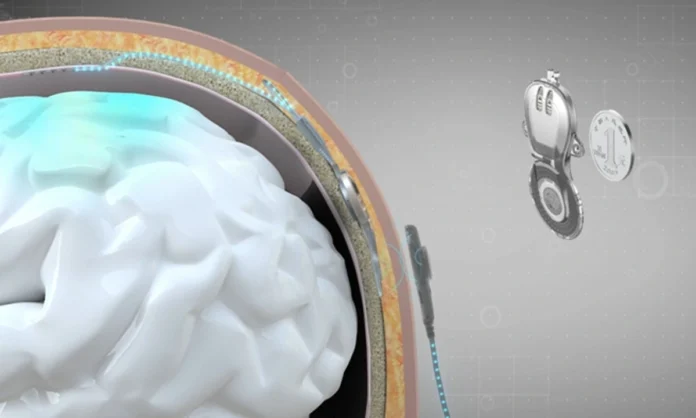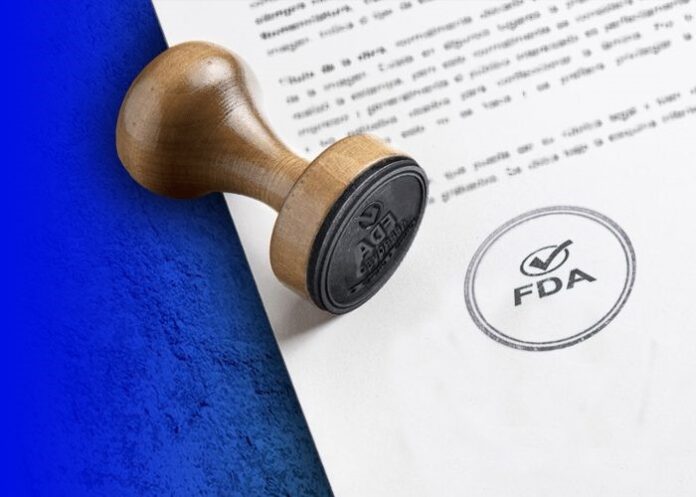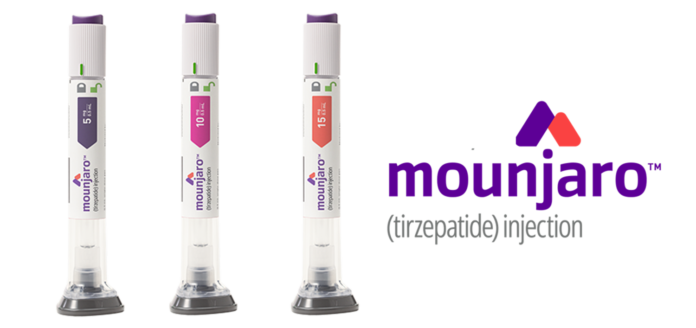Experimental drug lepodesiran reduces genetic risk factor for heart disease by 94 percent
According to results published in the New England Journal of Medicine:
In a mid-phase study, the highest dose of an experimental drug from Eli Lilly significantly reduced levels of an inherited genetic risk factor for heart disease.
The drug lepodesiran reduced lipoprotein (a), or LP(a), by an average of 93.9 percent compared with a placebo over six months after one or two 400-milligram doses.
Lipodisiran is one of the drugs being tested to treat high LP(a), a heart disease risk factor that affects an estimated 1.4 billion people worldwide, including 64 million in the United States.
Unlike low-density lipoprotein (LDL), which can be treated with diet and statins, there is no approved treatment for LP(a).
Elevated LP(a) can dramatically increase the risk of heart attack, stroke, aortic valve stenosis, peripheral artery disease, and fatty plaque buildup in the arteries.










